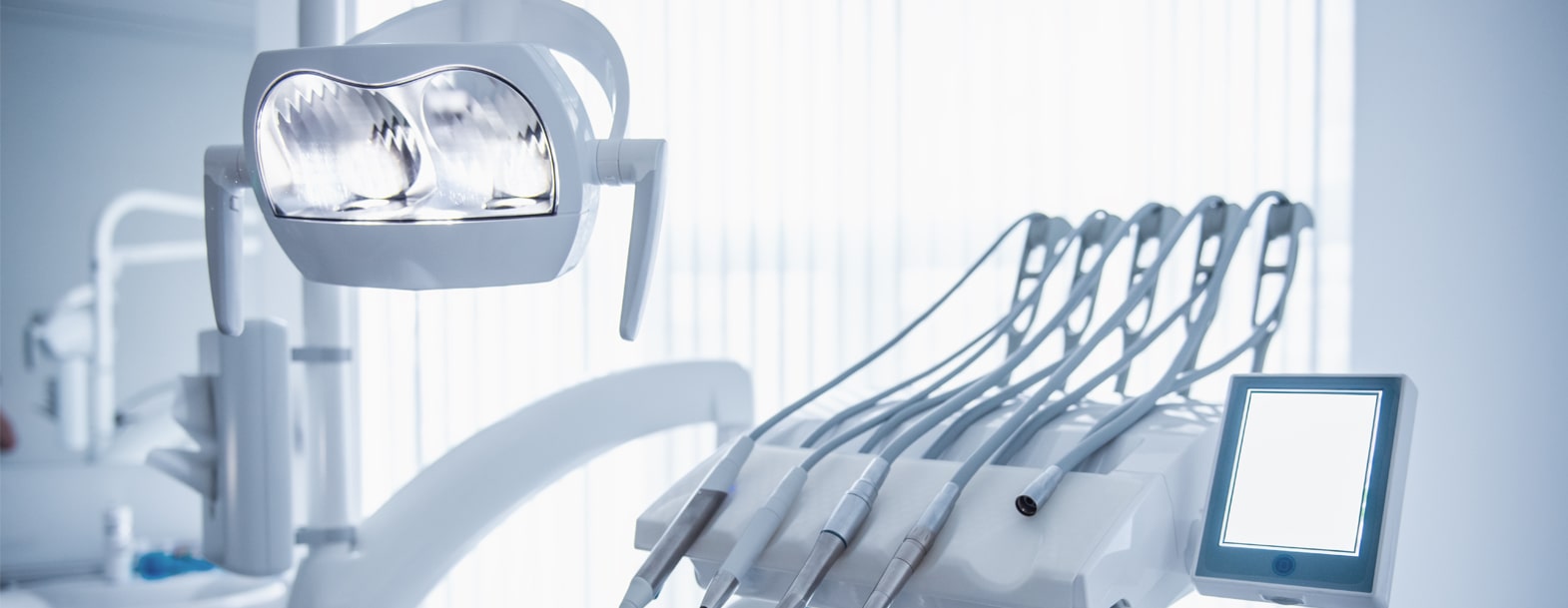Emergency Dental Guide
- Home
- /
- Blog
- /
- Dental Advice
- /
- Emergency Dental Guide
Learn about some of the common dental problems and what might constitute an emergency, alongside some tips to help from home

We adhere to guidance from the Chief Dental Officer (England), which means we’re currently unable to offer face-to-face appointments, including emergency ones. However, we’re committed to ensuring you have access to information during this time. That’s why we’ve prepared an emergency advice guide to help you recognize a dental emergency and manage it from home until you can see a dentist. Remember, even though our doors are closed, we’re available by phone for advice.
Identifying a dental emergency is crucial. Some issues require urgent attention, while others can wait. Here’s what you need to know:
Fillings or cracked teeth causing discomfort can be temporarily filled with products available at supermarkets or pharmacies. However, consult your dentist before attempting this. Desensitizing toothpaste or anaesthetic gels can also help alleviate pain.
Most flare-ups can be managed with thorough home care. If you experience difficulty swallowing, swelling in your face or cheek, or trouble opening your mouth, contact your dentist.
Most ulcers heal within 7-10 days. Ensure excellent oral hygiene and use products like Difflam spray or mouthwash as needed. Denture adhesives may help if dentures cause ulcers.
Take regular painkillers for up to seven days after an extraction. Some oozing is normal, but freely bleeding sockets require immediate attention.
Improving brushing habits can stop bleeding gums. Brush twice daily with fluoride toothpaste and clean between your teeth daily.
Consult your dentist for personalized advice. Temporary repair kits are available, but use them cautiously. Your dentist may offer guidance via video link or advise on whether it’s safe to leave the crown off until regular dental care resumes.
While these tips cover many issues, please contact your local practice if you’re unsure about anything. We’re here to help, even over the phone.
“Veneer had come off of front tooth. Prompt appointment and excellent service to remedy the situation. Saw Brian - very relaxed and professional.”
“First class service either for the hygienist or just a check”
“Dr Richard and his team are managing my implant “journey” with great care and consideration, explaining and inviting questions at every stage. Looking forward to the final stage; having my new teeth!”
“Really pleased with the service here for two of us in the family. Good communication, very nice environment and friendly team with good advice.”
“Hareer and her team did a great job on sorting out a long standing issue with a temporary crown fitted elsewhere. Great care and expertise with a very caring and pleasant manner.”
“I saw Chloe and she was a delight - very professional and very friendly”
“Very pleased with my recent treatment. I'd phoned Reception late one afternoon as a tooth and filling had snapped off. The next morning a complete composite tooth was in place. All of the staff...”


